What Do I Do? I Know There Is a Learning Problem & the School Says No
February 11th, 2009
A few years ago a parent called me. She was distraught. She didn’t know what to do. She had just gotten off the phone with her daughter’s school. She was informed again that her 9th grade daughter did not qualify for any help within the school system. She had been trying to get help for her daughter for years. Every time the school did an evaluation on her daughter the answer was the same. “She scores very high in the auditory areas so she doesn’t qualify for help.”
The only way her daughter managed was that she and her husband read everything to her after school so she could keep up with her schoolwork and homework. The problem was that they couldn’t follow her around at school all day long year after year reading everything to her.
This practice has been going on for years. When this occurs, all is not lost. As hard as it is, as a parent, what you need to do is to keep advocating. You can actually make a case for a discrepancy if you become a bit educated in what is actually going on.
There are 3 areas of perception. We learn by hearing, seeing, and doing. The areas of perception are auditory, visual, and tactile/kinesthetic. A student can qualify for help when there is a severe discrepancy between the auditory processing and visual processing levels.
There are nine different areas each of auditory processing, visual processing, and tactile/kinesthetic processing. If you go through an informal assessment that is created for parents or teachers, you will be able to tell which areas are strong and which are weak. With that knowledge you can ask the school to do formal testing geared to those areas to see if there is an actual discrepancy. And, if there is, your child will qualify for additional IEP help.
I hope this is helpful.
Bonnie Terry, M. Ed., BCET
















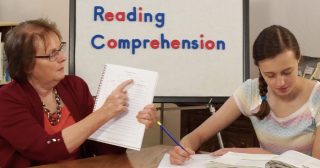
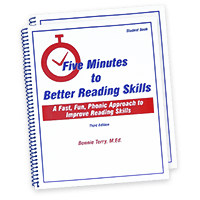
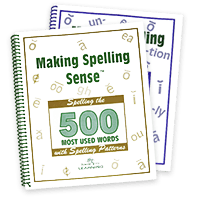

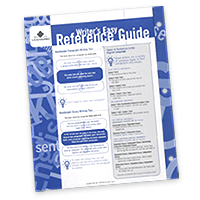
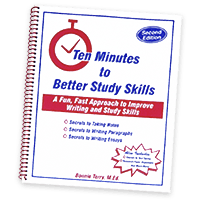



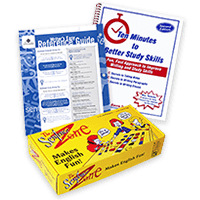
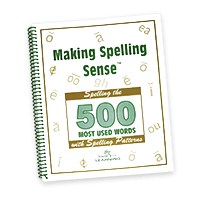









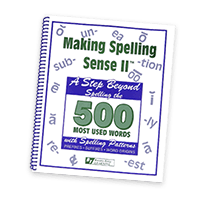
I, too, have a daughter who fell behind tremendously. I had team meetings two to three times per year with evaluations that revealed “no discrepancy” but KNEW there was an underlying dyslexia-like [dis]ability. After reading SEVERAL books on dyslexia and learning difficulties, I removed her from public school and began homeschooling her with an eclectic approach. I found that just because the school doesn’t find a discrepancy, it doesn’t mean that there isn’t one. It is a shame that a child will be “left behind” if they do not fit into a predetermined mold. There are many resources available to parents who choose to keep their children in public schools who can fight for what the child needs, depending on the state in which the child attends school. Good luck and be thankful that your child has parents that are willing to help her succeed!!